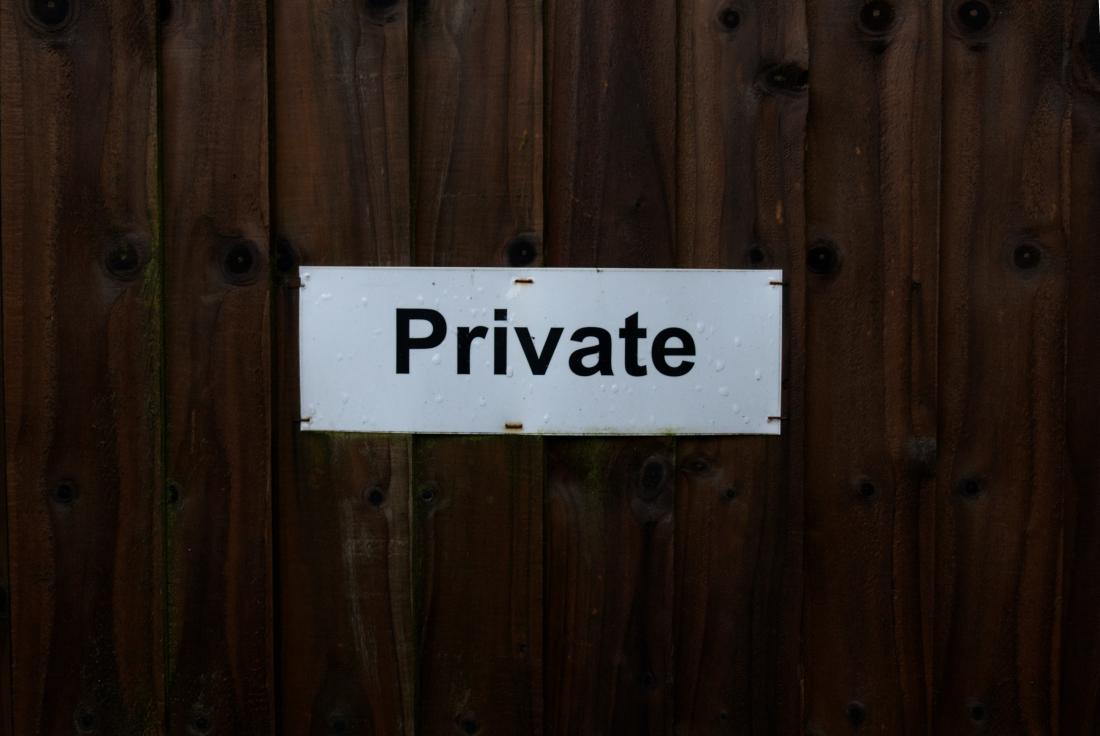
It is very common for solicitors to receive calls from family, asking about the Wills of parents, spouses or more distant relations. It is also common for clients to ask when their family will be able to see a copy of their Will.
Many people believe that, once you prepare a Will, beneficiaries or executors are entitled to know the content of that document. This simply isn’t true. Wills are an extremely personal document and remain private to the person making the Will until the date of their death. So long as a person retains capacity, they are able to change their Will, irrespective of age, religion or class. Even mental impairment will not immediately remove the ability for a person to make or change a Will, although there may be additional steps required to confirm their capacity.
Solicitors will only release copies of a Will to the testator (person who made the Will) or their attorneys, if they have lost capacity. Even in the case of attorneys, we will generally confirm that we hold a Will but only release a copy if the testator has lost capacity and it appears that the their circumstances may have change to the point where a Court of Protection Statutory Will is being considered (see this article for an explanation of Statutory Wills).
Executors are only entitled to a copy of your Will following your death. During your lifetime we would only send a copy of the Will to you. If an executor contacts a solicitor following a death, we would require a copy of the death certificate before we would be able to discuss the Will or release a copy to anyone.
Following a death however, things change. If an estate requires a Grant of Probate, then the original Will must be sent to the Probate Registry. Once the Grant of Probate is issued, the Will becomes a public document and anyone can search for, and obtain a copy, of the Will for £10 (rate as at 21 Sept 2021). This is to ensure that executors correctly carry out their duties, to allow beneficiaries to enforce their rights and to allow creditors to seek repayment of any outstanding debts. If you make gifts to charities then they will often monitor Grants of Probate for any legacies to ensure that their legacies are paid.
There are some very very rare exceptions to this, such as Royal Wills, which currently remain private indefinitely. Following the death of Prince Charles however even this has been reviewed so that, after 90 years, a decision can be made to make the documents public.
It is important to have a Will. The rules of intestacy, which govern estates where the testator has not made a Will, rarely do what you think they should and, even if they do, it is generally easier for executors to deal with an estate. This is because they derive their authority from the Will, and not from the Grant of Probate, (unlike administrators in an intestacy) and so are able to take action at an earlier stage.
Please contact Ashley Minott if you would like to discuss making a Will or updating an existing Will on 01494 893518 or at Ashley.minott@allanjanes.com.